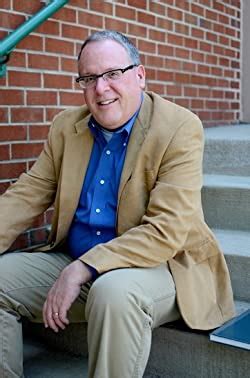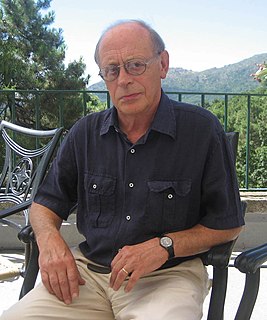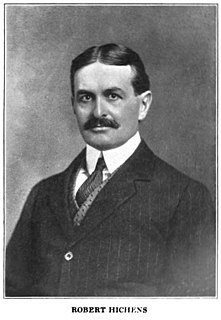A Quote by Patrick Lencioni
If you have doubt about a person's humility or smarts, don't ignore it. More often than not, there is something causing that doubt.
Related Quotes
I have no doubt that faith is only pure when it does not negate the faith of another. I have no doubt that evil can be fought and that indifference is no option. I have no doubt that fanaticism is dangerous. And of all the books in the world on life, I have no doubt that the life of one person weighs more than them all.
Doubt is most often the source of our powerlessness. To doubt is to be faithless, to be without hope or belief. When we doubt, our self-talk sounds like this: 'I don't think I can. I don't think I will.'... To doubt is to have faith in the worst possible outcome. It is to believe in the perverseness of the universe, that even if I do well, something I don't know about will get in the way, sabotage me, or get me in the end.
There are many different kinds of doubt. When we doubt the future, we call it worry. When doubt other people we call is suspicion. When we doubt ourselves we call it inferiority. When we doubt God we call it unbelief. When we doubt what we hear on television we call it intelligence! When we doubt everything we call it cynicism or skepticism.
Take faith, for example. For many people in our world, the opposite of faith is doubt. The goal, then, within this understanding, is to eliminate doubt. But faith and doubt aren't opposites. Doubt is often a sign that your faith has a pulse, that it's alive and well and exploring and searching. Faith and doubt aren't opposites, they are, it turns out, excellent dance partners.
True belief is not about blind submission. It is about open-eyed acceptance, and acceptance requires persistent distance from the truth, and that distance is doubt. Doubt, in other words, can feed faith, rather than destroy it. And it forces us, even while believing, to recognize our fundamental duty with respect to God's truth: humility. We do not know. Which is why we believe.
People talk so much to me about the beauty of confidence. They seem to entirely ignore the much more subtle beauty of doubt. To believe is very dull. To doubt is intensely engrossing. The Apostle Thomas was artistic up to a certain point. He appreciated the value of shadows in a picture. To be on the alert is to live. To be lulled into security is to die.
Living with doubt ... is almost always more profitable than living with certainty.
People don't like doubt, so they pay money and give up opportunities to avoid it.
Entrepreneurshi p is largely about living with doubt. If you need reassurance, you're giving up quite a bit to get it. On the other hand, if you can get in the habit of seeking out uncertainty, you'll have developed a great instinct.
As soon as we ask what faith is and what sort of mistreatment of faith causes doubt, we are led to the first major misconception about doubt-the idea that doubt is always wrong because it is the opposite of faith and the same thing as unbelief. What this error leads to is a view of faith that is unrealistic and a view of doubt that is unfair.




































